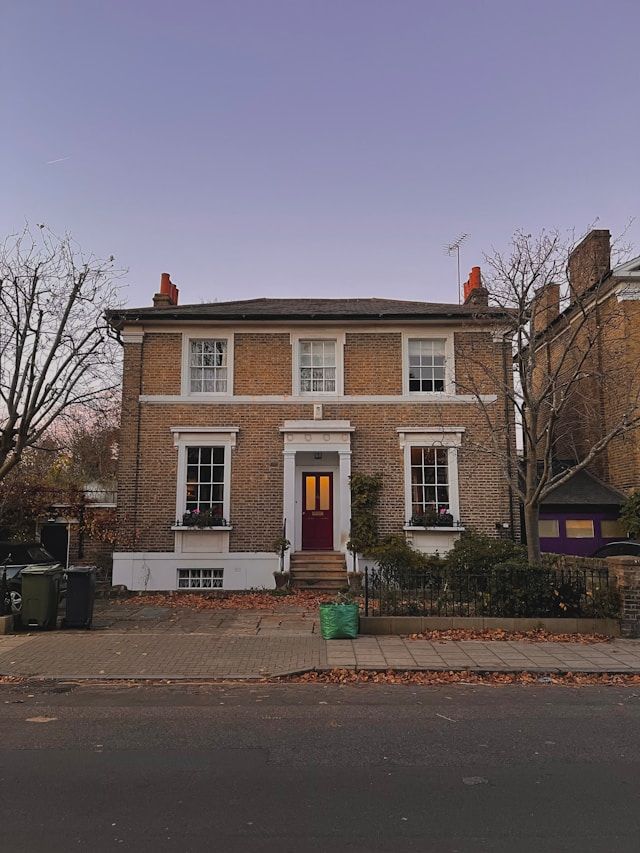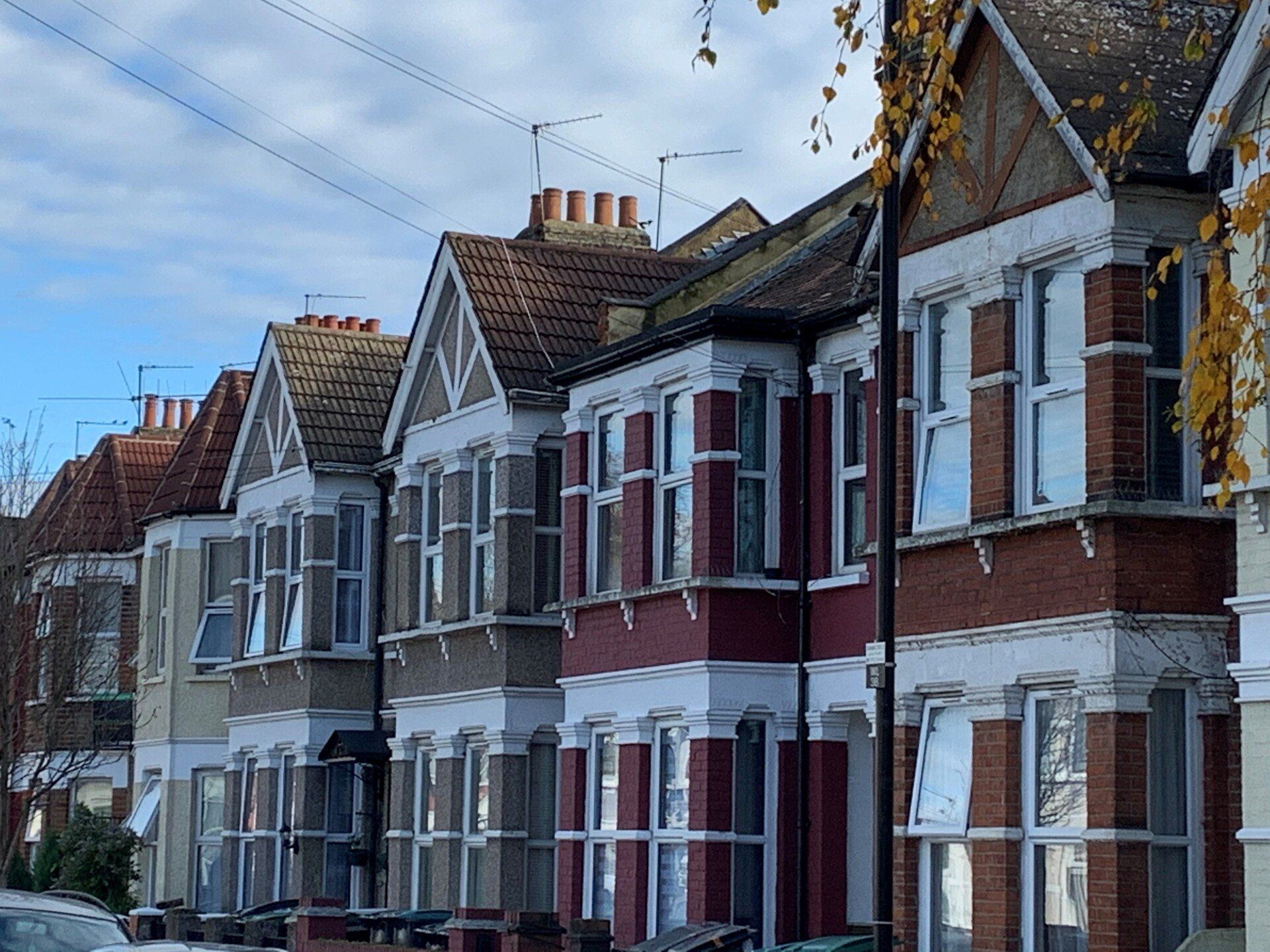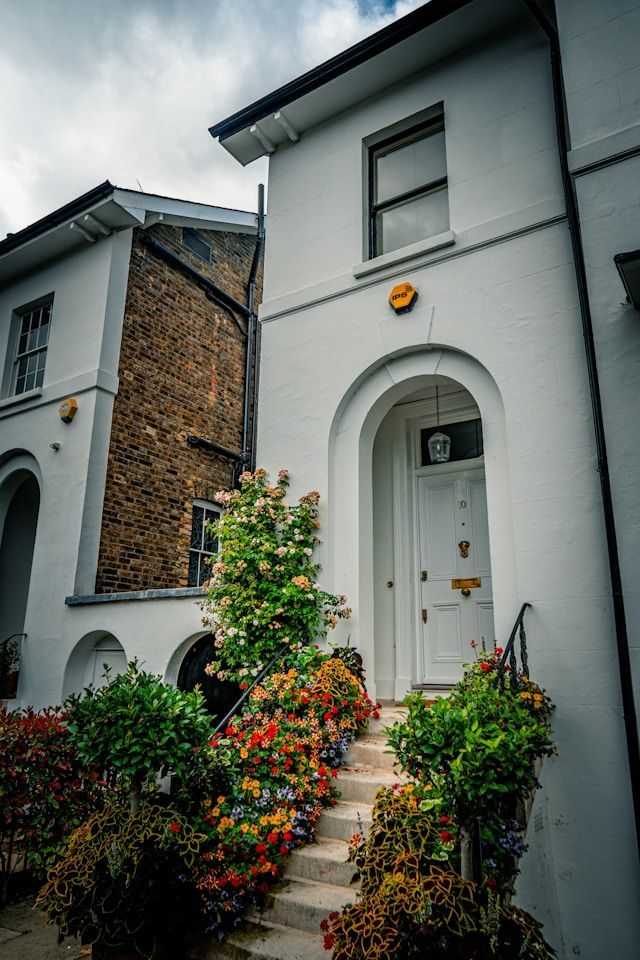Basement Dreams, Legal Nightmares: Navigating Party Wall Challenges Below Ground
This is a subtitle for your new post

Basement conversions are a popular solution for homeowners seeking more space without moving, especially in densely populated cities like London. Whether it’s creating a guest suite, a home gym, or a wine cellar, transforming the underused area beneath your home can significantly boost property value. However, what lies beneath isn’t just soil and concrete, it's also legal complexity. One of the biggest hurdles? The Party Wall etc. Act 1996, which governs construction that affects shared walls, boundaries, or adjacent structures.
In this blog, we’ll explore the legal and practical challenges involved in basement conversions, especially how the Party Wall Act applies, what homeowners need to do to stay compliant, and how to avoid costly disputes with neighbours.
Why Basements Raise Red Flags
Unlike loft conversions or rear extensions, basement works typically involve excavation and underpinning—two activities that directly affect the structural integrity of neighbouring properties. This means the potential for damage is higher, making party wall agreements essential, not optional.
Key reasons basement projects are legally sensitive:
- They often involve digging below the level of the adjoining property’s foundation.
- They may affect load-bearing party walls or adjacent structures.
- Vibrations, noise, and structural shifts can all impact neighbours’ homes.
- The visual and noise disruption can trigger neighbour objections quickly.
Understanding the Party Wall etc. Act 1996
The Party Wall etc. Act 1996 is a piece of legislation that protects both homeowners and their neighbours during building works that could affect shared or adjoining structures.
The Act applies if your basement project includes:
- Excavation within 3 metres (and sometimes 6 metres) of a neighbour’s property.
- Cutting into a party wall (e.g., to insert beams or steel supports).
- Lowering foundation levels or underpinning.
Under the Act, you are legally obliged to:
- Serve a party wall notice to affected neighbours.
- Wait for a response (within 14 days).
- Appoint a party wall surveyor if there’s no agreement or consent.
- Have a party wall award issued before work begins.
Step-by-Step: How to Stay Compliant
1. Hire a Qualified Surveyor Early
Engaging a party wall surveyor early in your planning process can prevent delays and misunderstandings. Their job is to assess the proposed work, communicate with your neighbour’s surveyor (if needed), and ensure both sides are protected.
2. Serve Proper Notice
You must give written notice at least two months before starting excavation. Include detailed plans, structural engineer reports, and timelines. For basement work, Section 6 of the Act (pertaining to excavations) often applies.
3. Prepare for a Dispute
Even if you're friendly with your neighbour, don’t assume they’ll give written consent right away. Once a dispute is declared (usually by not responding), each party appoints a surveyor to create a legally binding party wall award.
4. Get a Schedule of Condition
This involves documenting your neighbour’s property before work starts (photos, notes, cracks). It’s essential if disputes arise over alleged damage. This is usually conducted by the surveyor(s).
5. Receive the Party Wall Award
This document outlines:
- The work to be done
- The timescale
- Protective measures for the neighbour’s property
- Rights of access
- Liability for any damage
Only after this award is in place can excavation and construction begin.
Common Challenges in Basement Conversions
Disagreements Over Noise or Duration
Basement work is intrusive. Neighbours often raise concerns about dust, noise, and how long the work will take. Though not directly covered by the Party Wall Act, such complaints can lead to delays if neighbours feel uninformed.
Access to Adjoining Property
Your builders may need to enter or scaffold part of your neighbour’s land. Access rights can be granted via the party wall award, but failing to discuss this early can result in legal roadblocks.
Unexpected Structural Damage
If something goes wrong and damage occurs, the party wall award helps clarify liability and the repair process. Without it, legal costs can spiral.
Confusion Around Responsibility
Homeowners sometimes mistakenly believe their architect or builder will “handle the legal side.” Only a qualified party wall surveyor has the authority to issue notices or create awards under the Act.
How to Keep the Process Smooth
Here are some proactive tips to help your basement project run smoothly:
Communicate Early and Clearly
Let your neighbours know about your intentions before serving official notice. A friendly chat goes a long way.
Choose Experienced Professionals
Hire surveyors, builders, and structural engineers who have experience with basement conversions and party wall procedures. Their insights are invaluable.
Be Transparent with Timelines
Neighbours are more likely to cooperate if they understand the schedule and steps involved. Keep them updated.
Respect the Legal Framework
Trying to shortcut the party wall process may seem tempting, but it often results in costly delays or legal disputes.
The Cost of Ignoring the Party Wall Act
Failing to serve proper notice or obtain a party wall award could lead to:
- Injunctions halting your construction.
- Legal action for damages.
- Liability for neighbour repairs.
- Serious delays and spiraling costs.
In severe cases, neighbours can even seek demolition of unauthorised works.
Conclusion: Your Dream Basement Needs a Solid Legal Foundation
A beautifully finished basement can transform your home, but only if the journey there is handled correctly. Understanding and complying with the Party Wall etc. Act 1996 is not just a legal requirement—it’s a vital step to protect your property, your neighbour’s home, and your peace of mind.
By working with an experienced party wall surveyor, maintaining open communication with neighbours, and respecting legal procedures, you can turn your underground dream into a reality, without triggering a legal nightmare.
For more information call us at 020 3875 9279 or email us.










